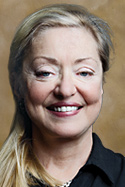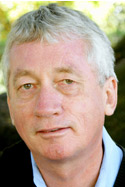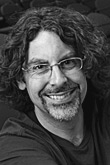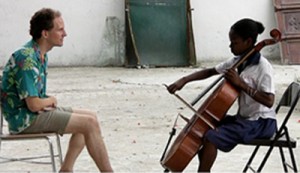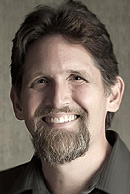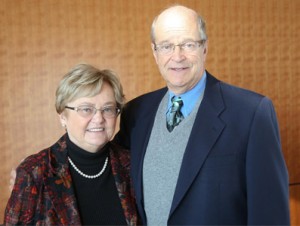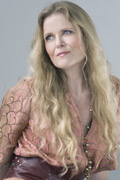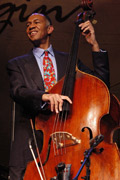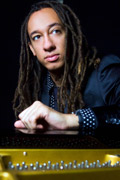A member of the Lawrence University Board of Trustees is among several individuals President Barack Obama has announced as nominees to key administration posts.
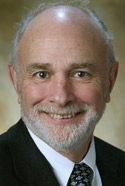
Bill Baer, a member of Lawrence’s Board of Trustees since 2001, has been nominated for Assistant Attorney General for the Antitrust Division of the Department of Justice.
A 1972 Phi Beta Kappa graduate of Lawrence, Baer is the chair of the Antitrust Practice Group at Arnold & Porter LLP in Washington, D.C. He joined the firm in 1980 and was named a partner in 1983.
In his practice, Baer represents a broad range of companies in U.S. and international cartel investigations, mergers and acquisition reviews and in antitrust litigation. He began his legal career in 1975 as a trial attorney for the Bureau of Consumer Protection at the Federal Trade Commission and later spent four years (1995-1999) as the FTC’s director for the Bureau of Competition.
After graduating with a bachelor’s degree in government from Lawrence, Baer earned a law degree from Stanford Law School.
About Lawrence University
Founded in 1847, Lawrence University uniquely integrates a college of liberal arts and sciences with a world-class conservatory of music, both devoted exclusively to undergraduate education. Ranked among America’s best colleges, it was selected for inclusion in the book “Colleges That Change Lives: 40 Schools That Will Change the Way You Think About College.” Individualized learning, the development of multiple interests and community engagement are central to the Lawrence experience. Lawrence draws its 1,445 students from 44 states and 35 countries.
